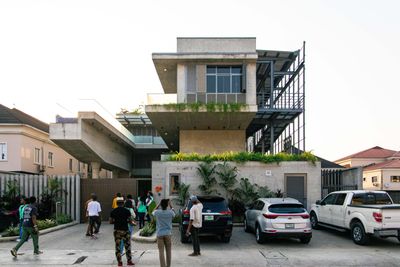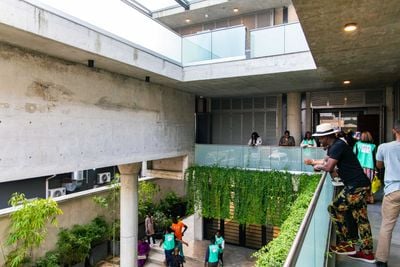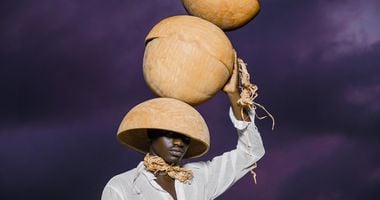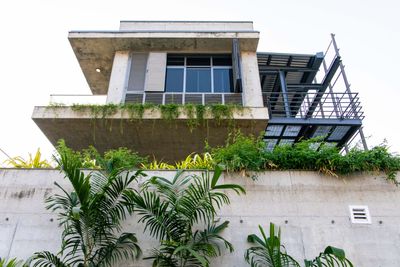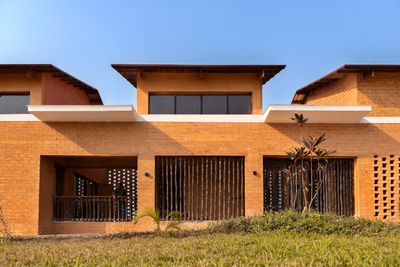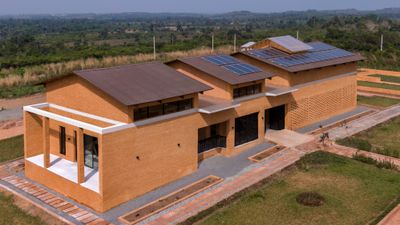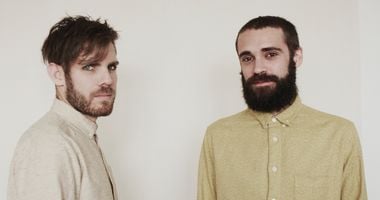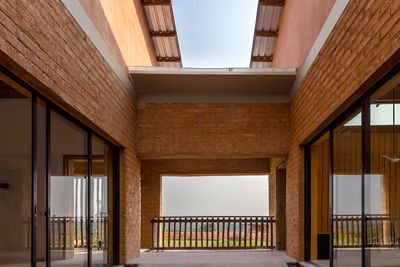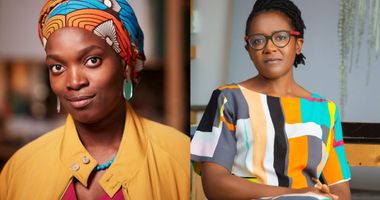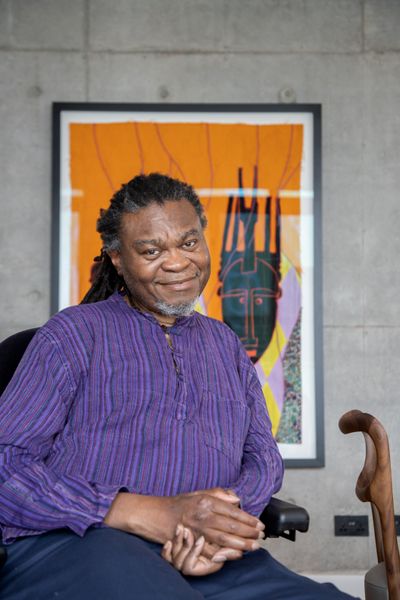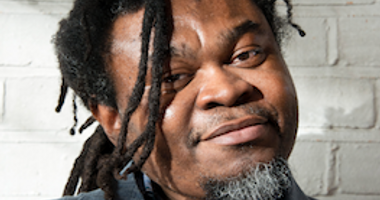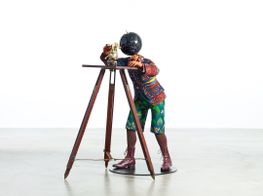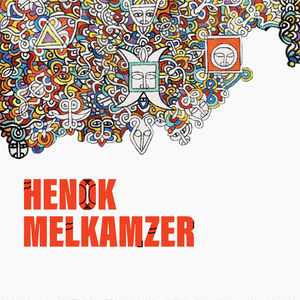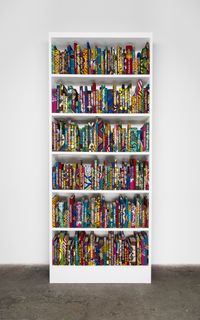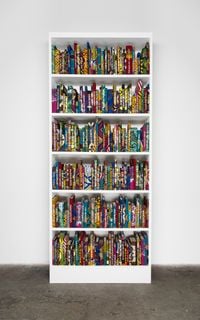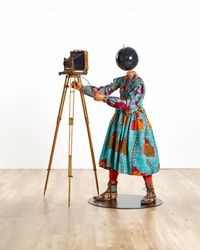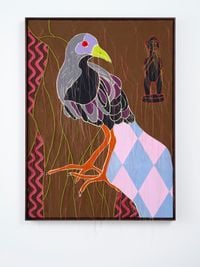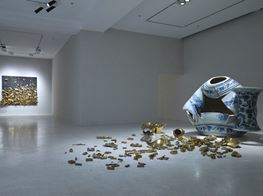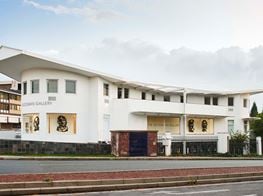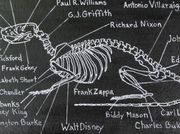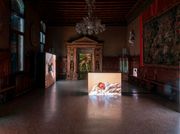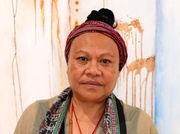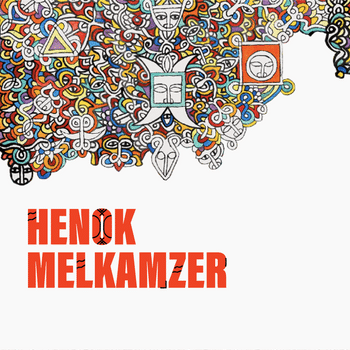The Admirable Ambitions of Yinka Shonibare CBE (RA)
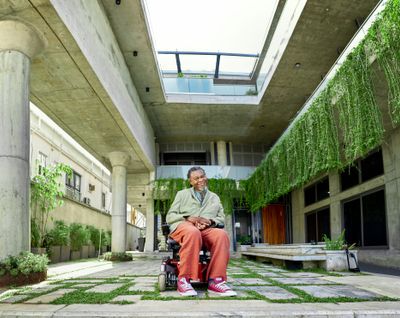
Yinka Shonibare. Courtesy Yinka Shonibare Foundation. Photo: This Day Style.
To be a great artist requires more than creating compelling images, objects, spaces, or scenarios—one must be a kind of visionary, an enchanter, and grapple with issues of an entirely different order.
That warm, diastolic thumping you may have heard comes all the way from Lagos. For it is in Nigeria where British-Nigerian artist Yinka Shonibare CBE, RA, has established Guest Artists Space (G.A.S.) Foundation, an ambitious non-profit organisation that is on course to be a significant international workplace for the exchange of ideas between artists, scientists, architects, educators, and curators.
Opened in May 2022, G.A.S. Foundation is a variant of Shonibare's London-based residency Guest Projects, which offered early-career multidisciplinary artists free access to a space in which to collaborate, experiment, and exhibit.
G.A.S. Nigeria is far more ambitious in scope and is situated in two distinct but interrelated centres. The first, in the Oniru area of Lagos, is housed in an impressive structure designed by Ghanaian-British architect Elsie Owusu with Nihinlola Shonibare of Nigeria, which fuses neo-brutalist and Yoruba architectural styles.
Yinka Shonibare maintains both a studio and apartment here, but the building is primarily for the Foundation's artist-in-residence programme which promotes collaborations between artists of wildly divergent interests.
'Artists thrive on inspiration,' Shonibare says. 'I want to provide space where residents will stay one to three months to showcase their works and have conversations with other artists—from abroad and those in Nigeria.'
The G.A.S. building features artist living quarters, a multifunctional studio/exhibition space, and a sleek open courtyard/performance area. Its burgeoning art library is augmented with volumes on art and architecture, African culture, and world history.
Activities at the Foundation have begun and as it gathers steam, it is positioning itself to increase international involvement with universities, art schools, specialised colleges, graduate programmes, museums, and art communities through fellowships, residencies, and exchange programmes.
But there is more. In an age of rapid climate change, eviscerated habitats, threatened biodiversity, and the inequality of food availability, to address questions of creative enterprise without addressing imperative global concerns seems, at best, blinkered.
With this in mind, Shonibare and his G.A.S. team have spent considerable time and money in the creation of the most striking aspect of their enterprise: the Ecology Green Farm, a 54-acre rural working farm in the rolling grasslands near Ijebu-Ode, some 70 miles from Lagos.
The purpose of the Farm is threefold: to assist in food security and provide active employment for the local population; to test and experiment with innovations in sustainable farming; and to provide an inspiring environment in which artists from across the globe can share and develop ideas with thinkers from other disciplines, particularly agronomy, agriculture, regenerative farming, and ecology.
One enters the Farm from a tawny road which leads directly into fields of lush, melon-green acres spangled with tomatoes, peppers, maize, cassava, yams and cashews, past fragrant fields of pineapple, banana, plantain and watermelon, groves of succulent newly planted pawpaw trees, a fishery, pens for livestock, and habitats for snail farming. Local carpenters frame timber on concrete slabs, constructing studios and workshop spaces for the instruction and production of traditional crafts, particularly textiles and ceramics.
At the crest of the property is the residency building, a remarkably handsome toast-and-apricot coloured structure designed by architect Papa Omotayo, with the interior design conceived by Temitayo Shonibare. Both Nigerian-born, they worked to blend Yoruba and Western architectural practices whilst working with local artisans using locally sourced materials (stone, laterite plaster, traditional clay brick, and local timber), and subtly incorporated eco-friendly systems for the regulation of light, plumbing, and temperature. It is replete with soaring ceilings, bedrooms, workspaces, and a growing library.
The dynamic fulcrum of the Foundation's mission is evident in every corner of the grounds. It hopes to fuse local with global knowledge, examine cross-disciplinary ideas, and spur a serendipitous integration of these through collaboration and ecologically sound self-sufficiency. It is a dream house for just about anybody who dreams of a place to work on just about anything.
Yinka Shonibare's art has always been predicated on a vivid amalgamation of formal invention, historical knowledge, and the breaking down of cultural barriers. His success has led to an efflorescence of artists taking up many of the concerns he has addressed in his pointed but amiable fashion—the tangle of colonial and postcolonial history, class, and racial identity.
Through the G.A.S. Foundation, his ardent effort to enable collaboration between cultures and disciplines, to crack the restraints that have resulted from privilege, wealth, lack of infrastructure and access to developing technology has leapt into a realm in which his vast ambition is surpassed only by his enormous compassion for others. Pressed as to his motivation, Yinka shrugs with characteristic, affable humility: 'What else can I do?' —[O]

